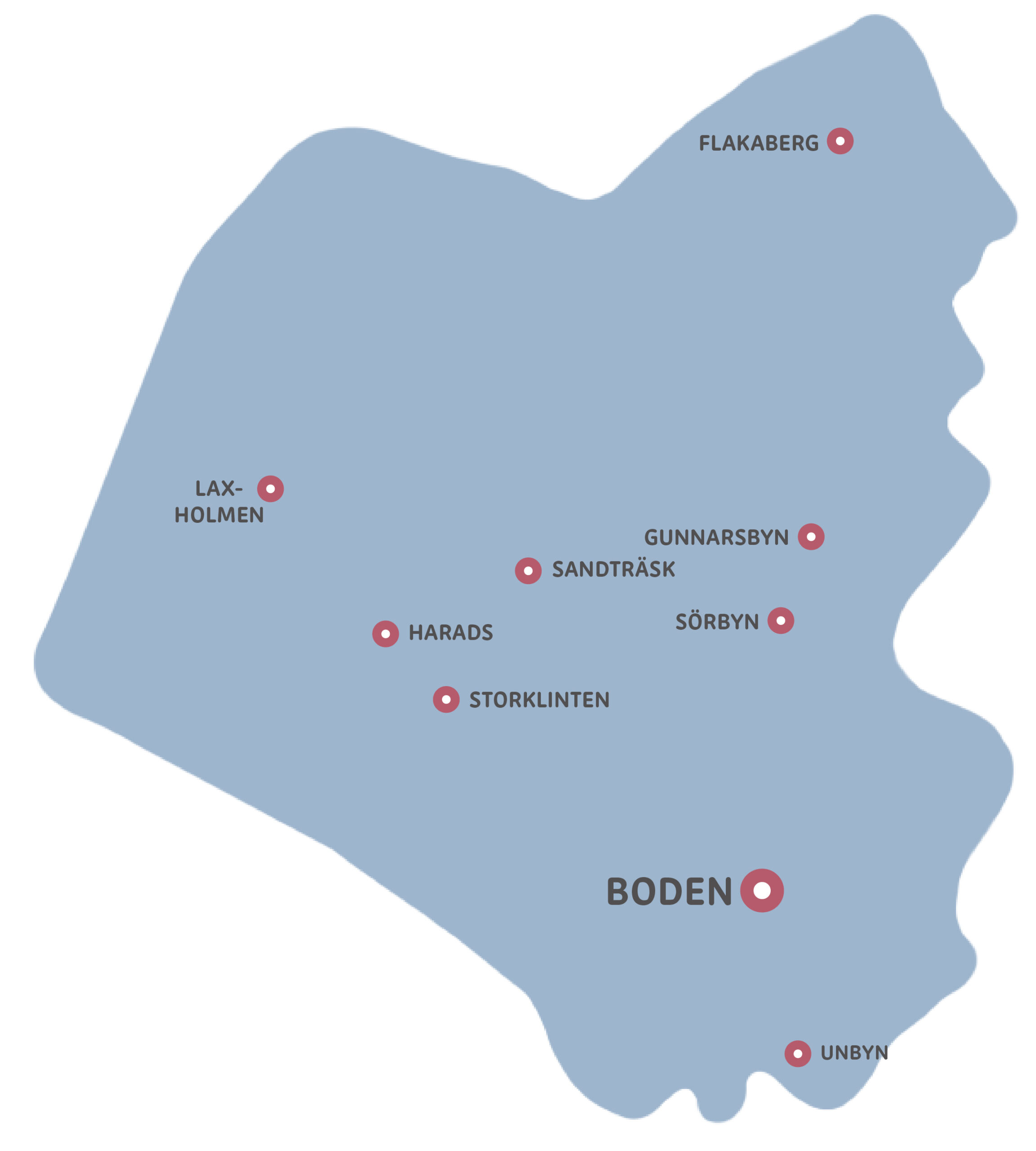Info Points
At an InfoPoint, you will find brochures, maps and other material that may be of interest when visiting our beautiful municipality, and you will meet people with good local knowledge who are happy to share their best tips.
When you visit one of our InfoPoints, you as a resident, visitor or tourist can access information about Boden municipality's tourism industry, activities, events, restaurants, shops and cafés, both digitally and in printed matter.
About Visit Boden
Visit Boden provides information via social media, visitboden.se and via our authorized InfoPoints. The aim is to give you as a visitor and resident tips on current activities and events throughout the municipality.
Vill du komma i kontakt med oss? Mail: info@visitboden.se
Do you want to become an InfoPoint?
Is your company interested in being an InfoPoint and contributing to local hosting?
Get in touch with us and we will tell you more.

EDEK Harads
Edeborgsvägen 1
961 78 Harads
Tel: +46928-560 02
Opening hours:
Mon 09:00-14:00
Tue-Thu 9:00-15:00
Fri 09:00-12:00
RÅEK Gunnarsbyn
Hallonvägen 15
961 97 Gunnarsbyn
Tel: +46924-213 59
Opening hours:
Mon-Thu 09:00-14:00
Fri 09:00-12:00
Sörbyn Lodge
Sörbyn 222
961 97 Gunnarsbyn
Tel: +46924-220 36
Opening hours:
For current opening hours contact Sörbyn Lodge.
Resecentrum Boden (Railway Station)
Stationsgatan 8
961 61 Boden
Tel: +46921-545 24
Opening hours:
Mon-Fri 06:00-18:00
Sat-Sun 10:00- 18:00
NordPoolen floor
Garnisionsgatan 1
961 75 Boden
Tel: +46921-624 00
Opening hours:
Mon 08:00-21:00
Tues 07:00-20:00
Wed 08:00-21:00
Thu 07:00-20:00
Fri 08:00-20:00
Sat-Sun 09:00-18:00
UNEK Unbyn
Unbyn 15
961 93 Boden
Opening hours:
Mon-Fri: 10:00-15:00 (closed for lunch 12:30-13:30)
Storklinten
Storklinten 2
961 98 Boden
Opening hours:
Every day 10:00-16:00 (From 9 Feb-21 April)
Tel: +46928-400 00


